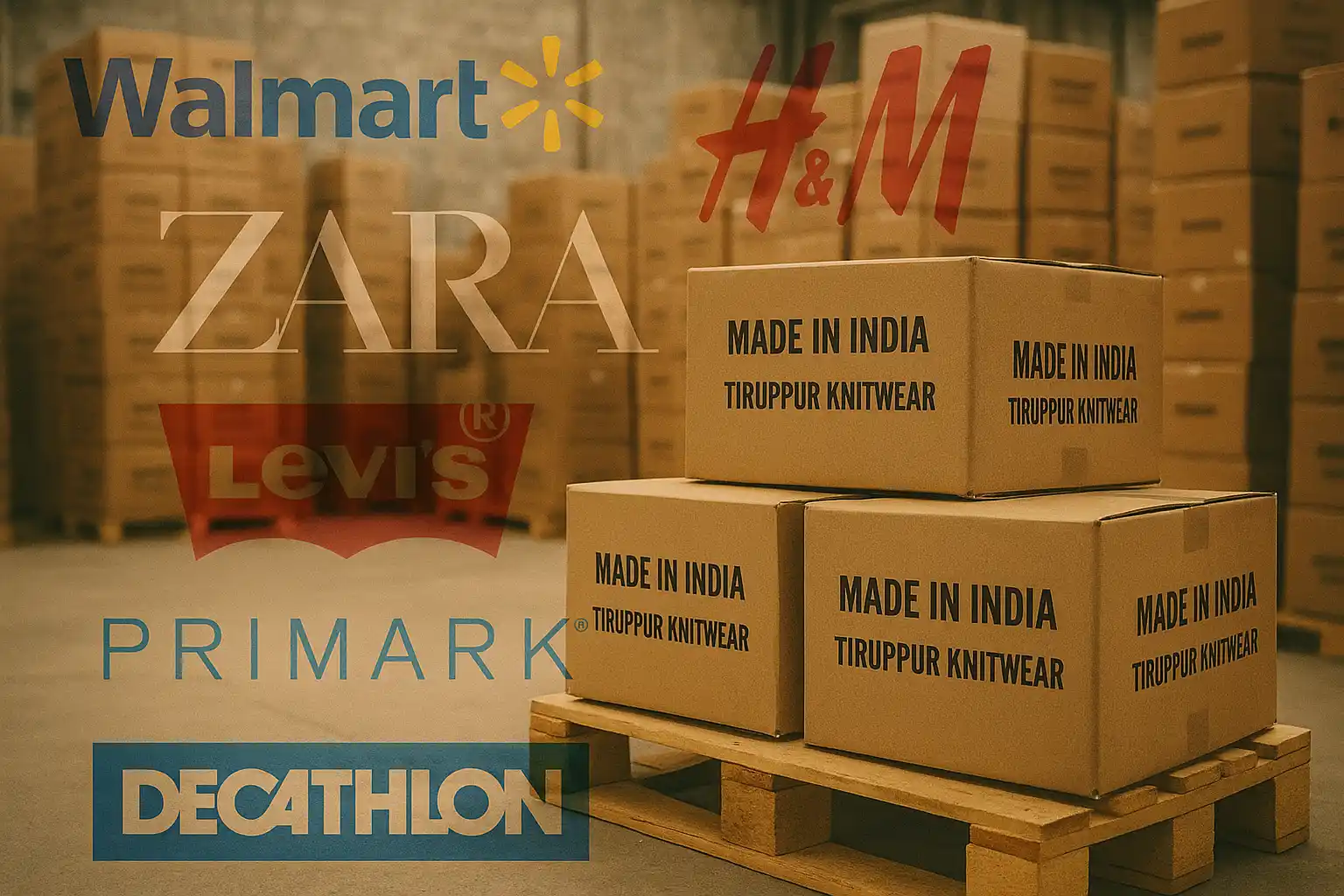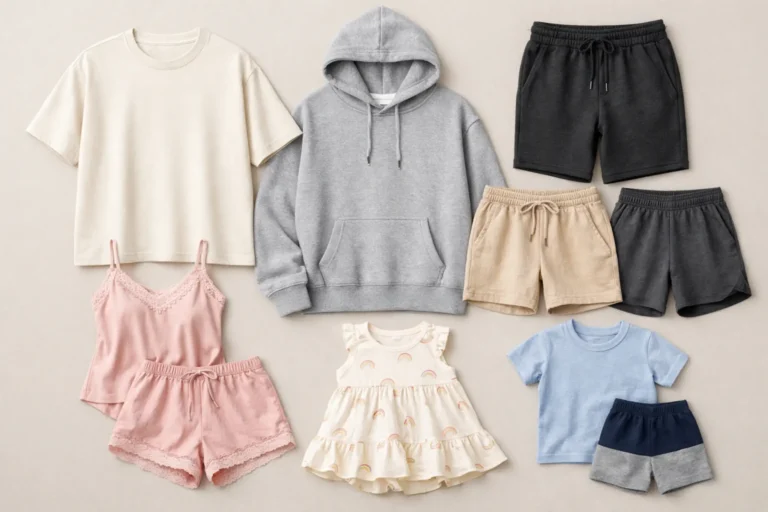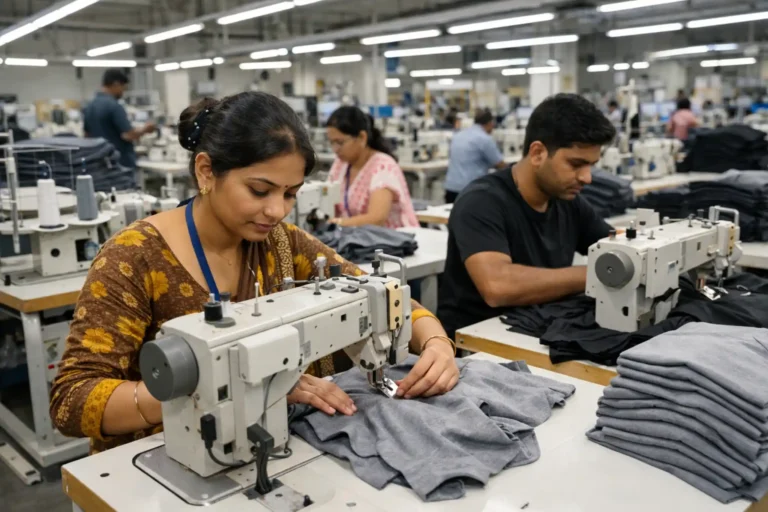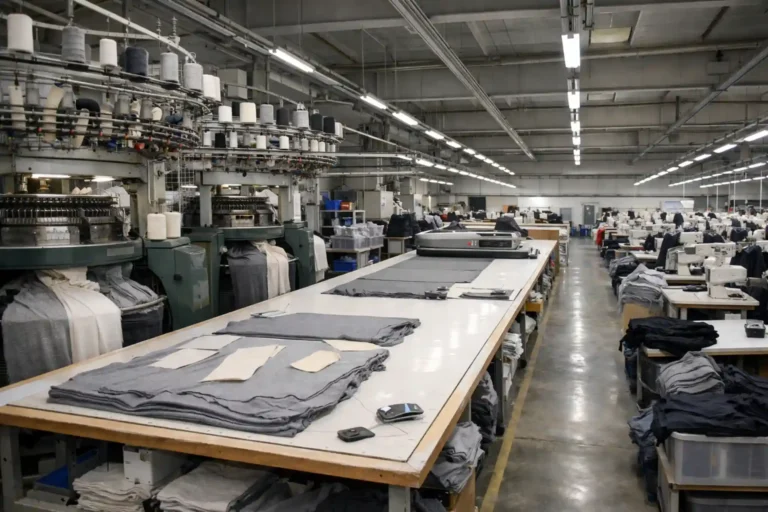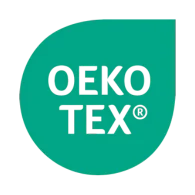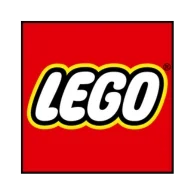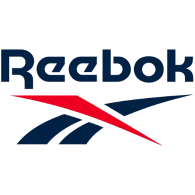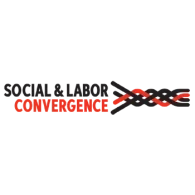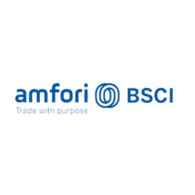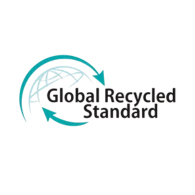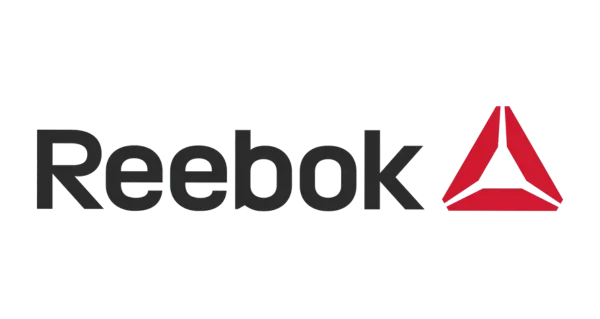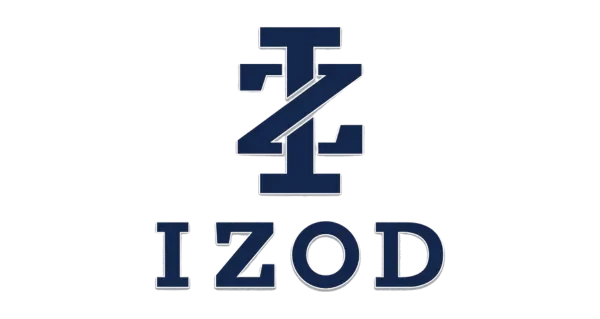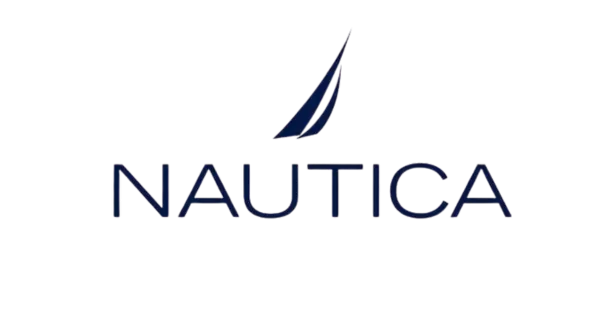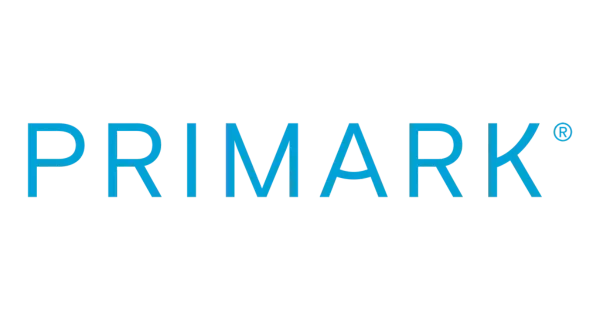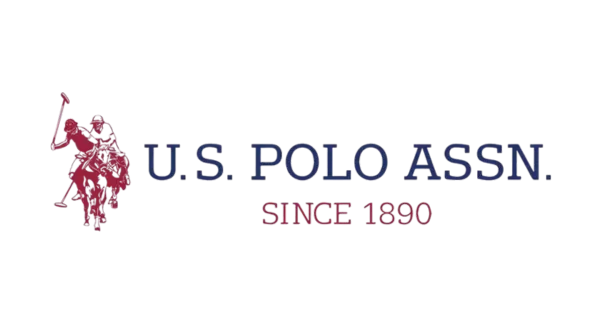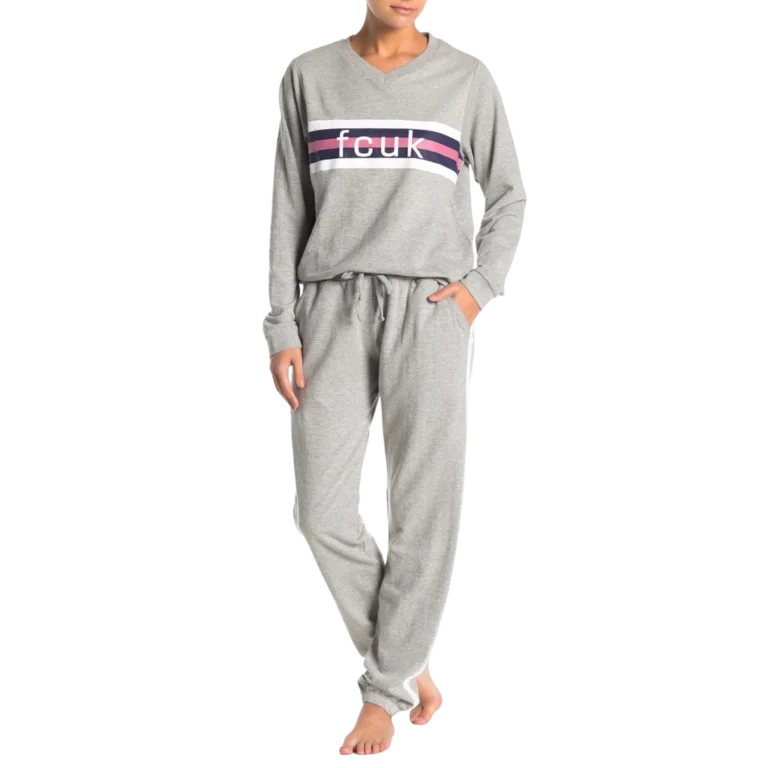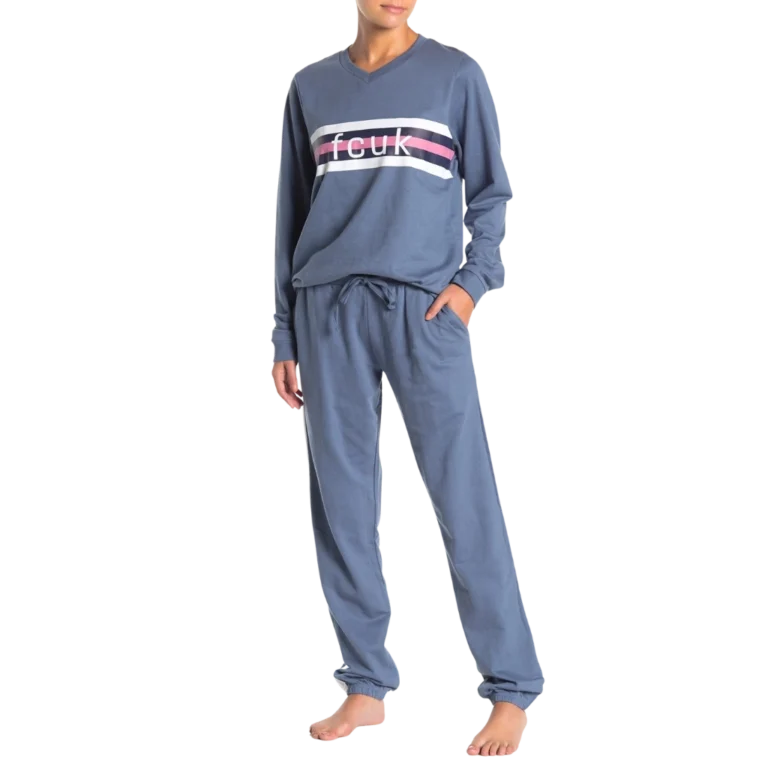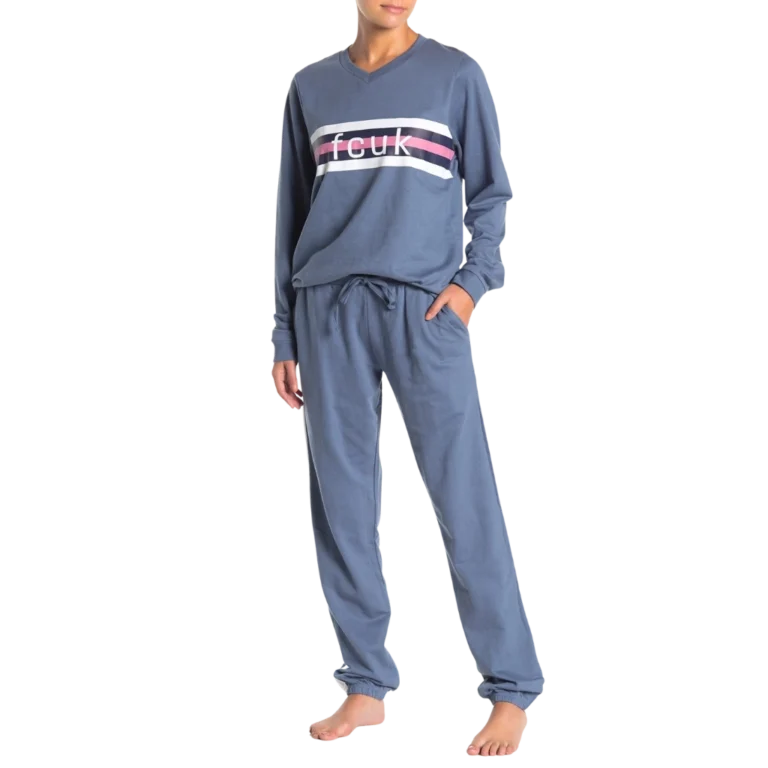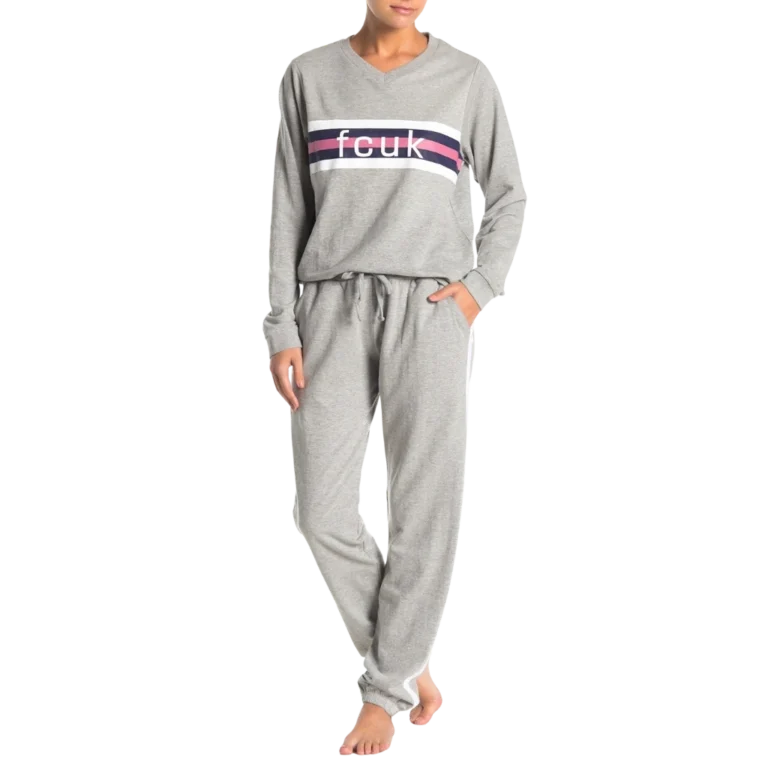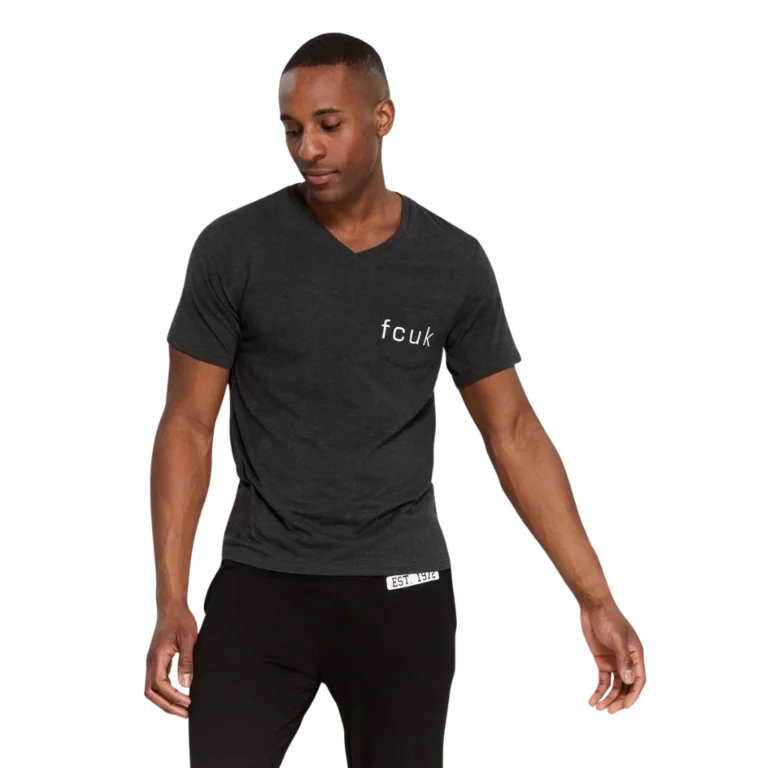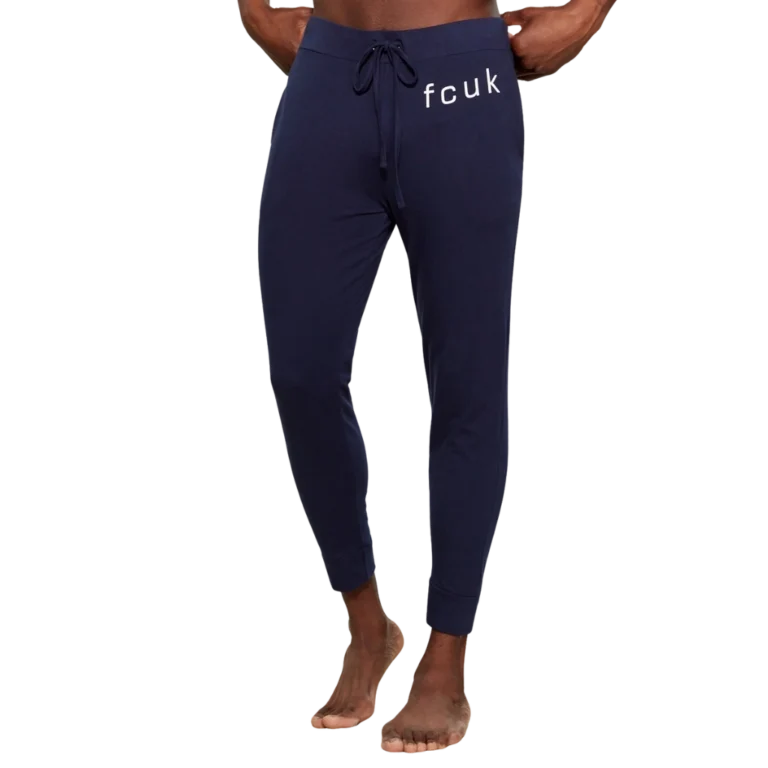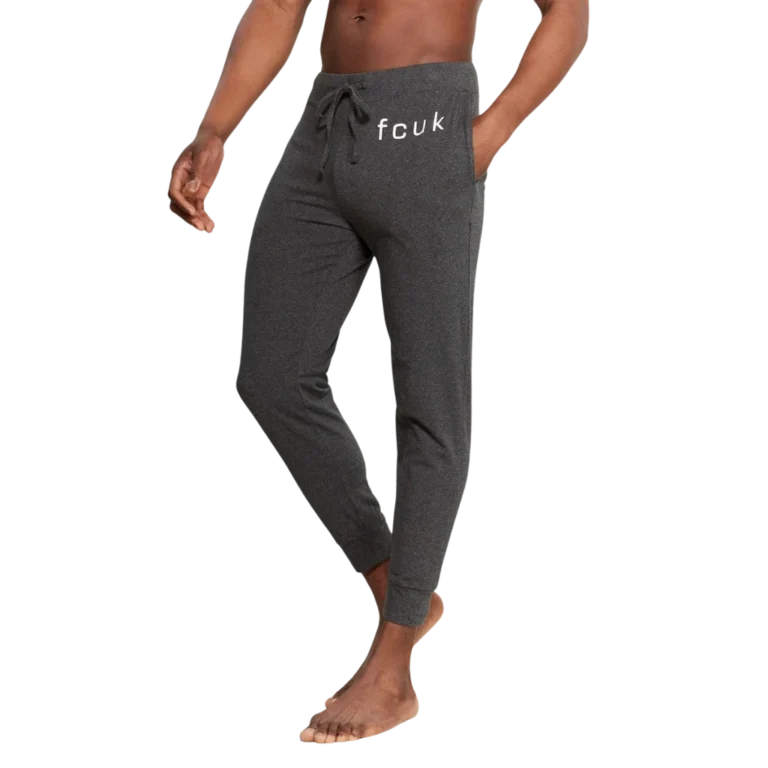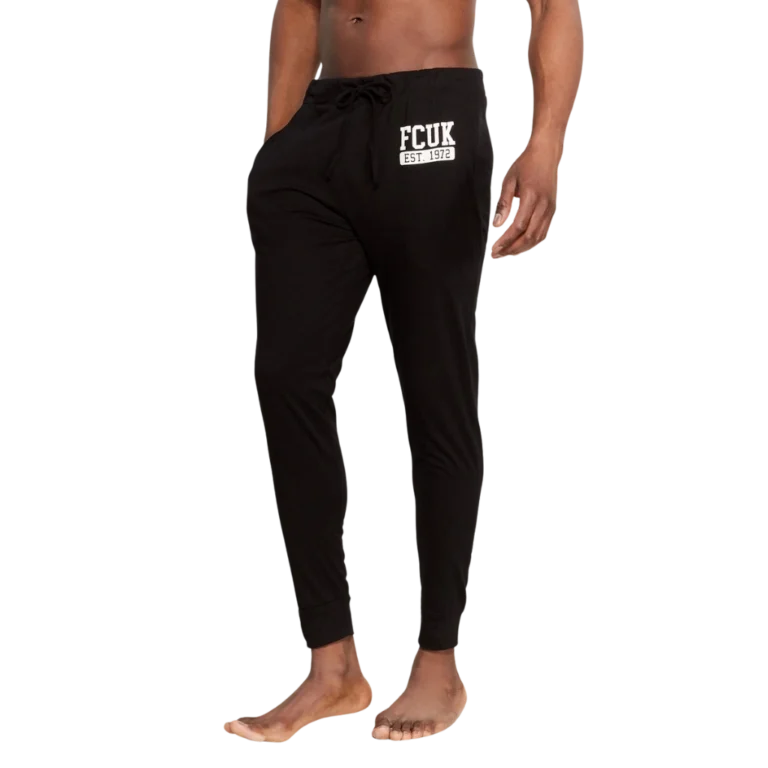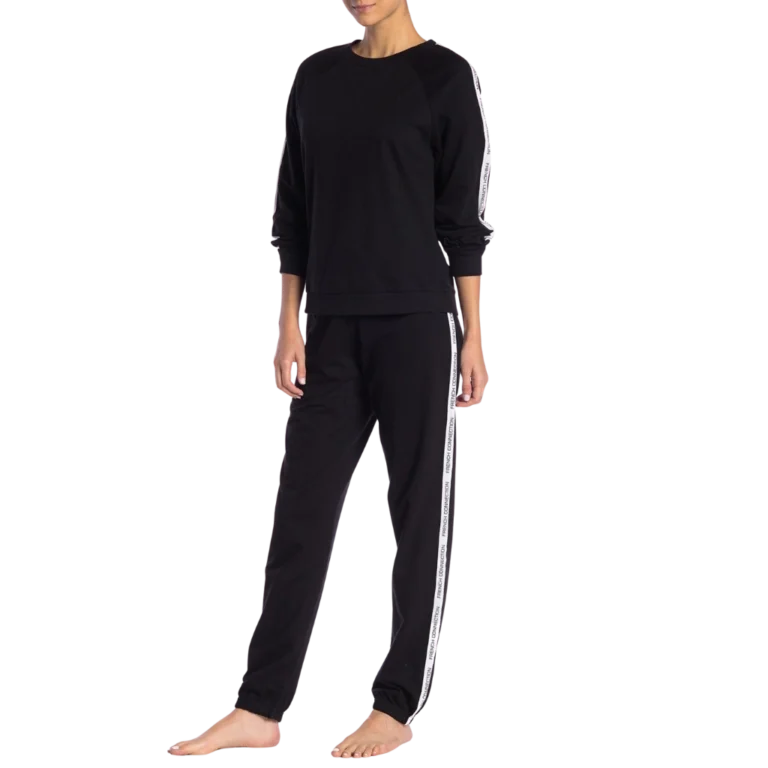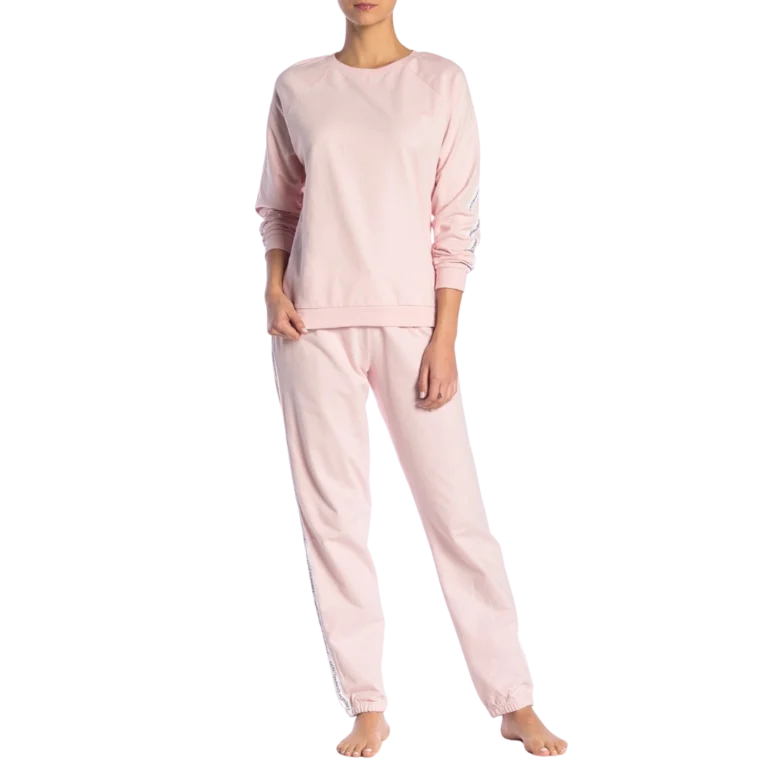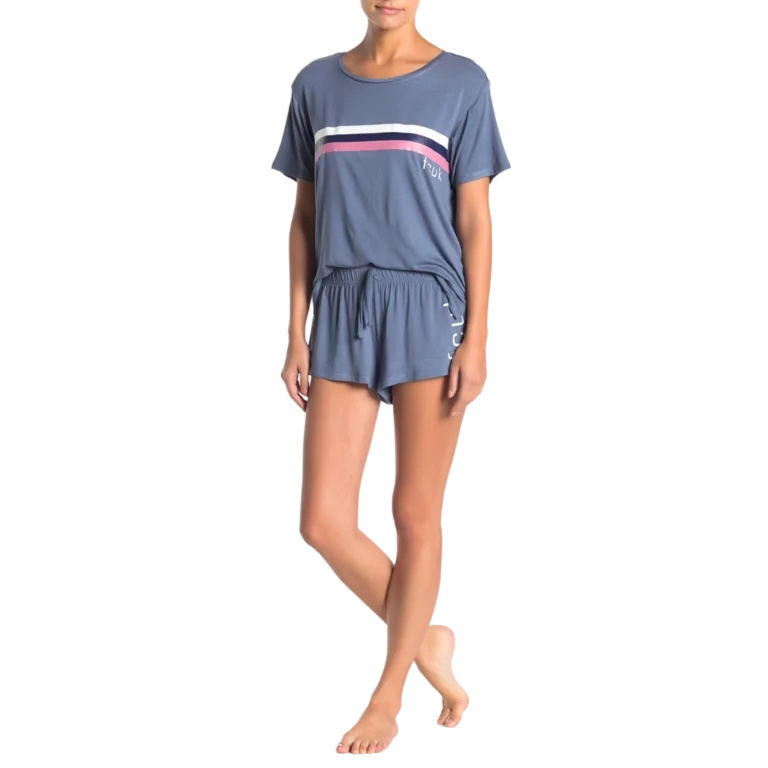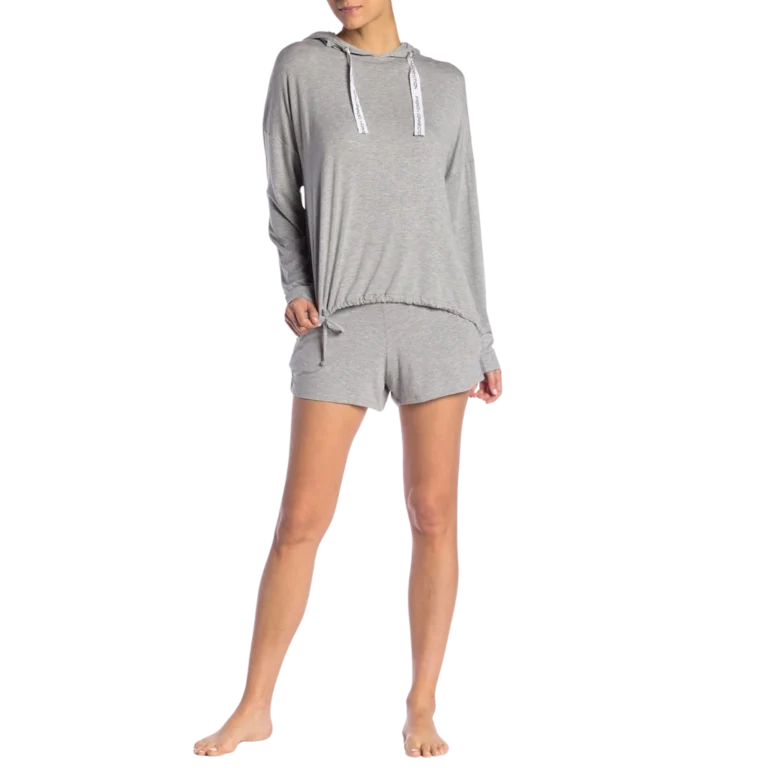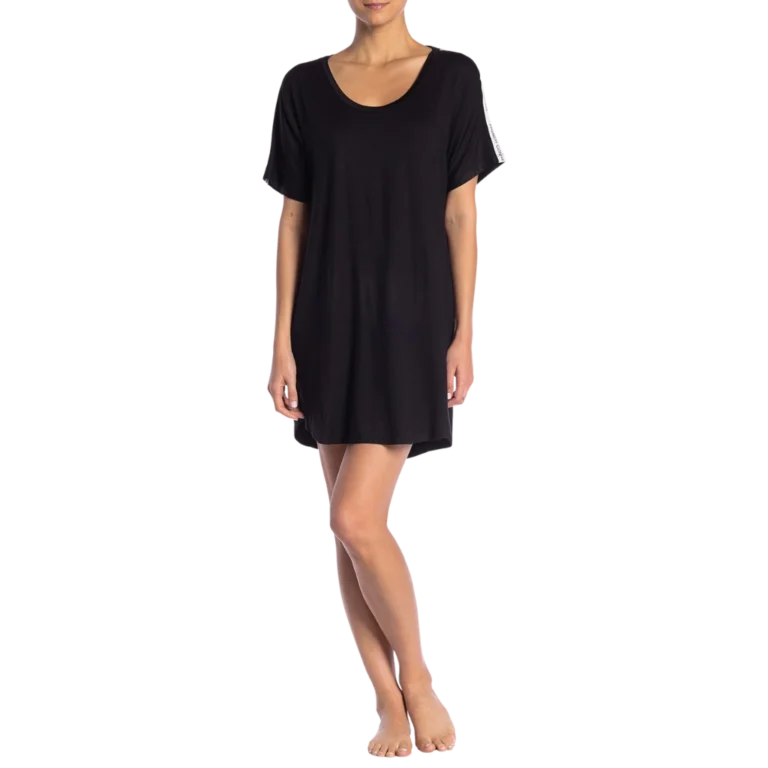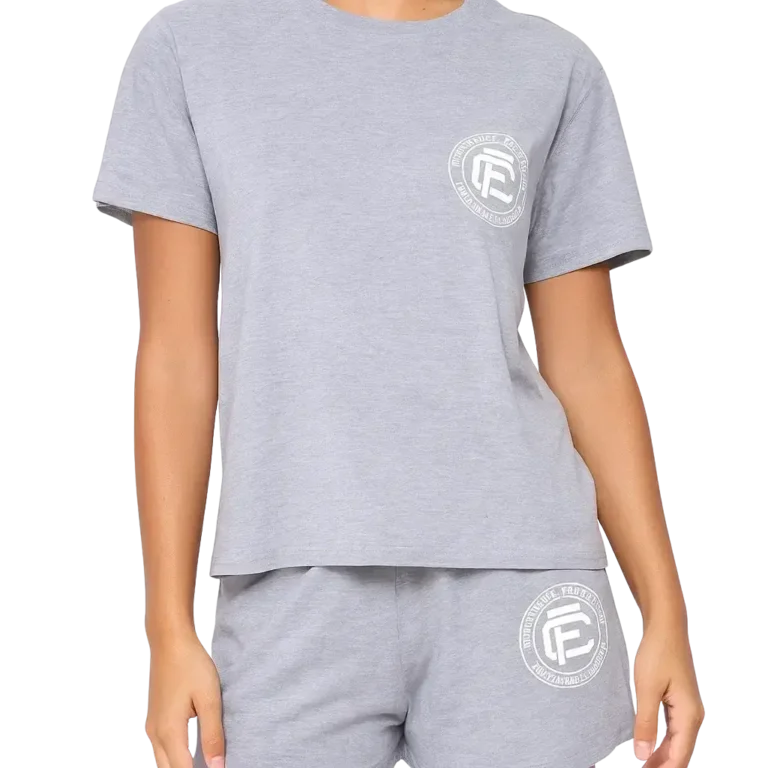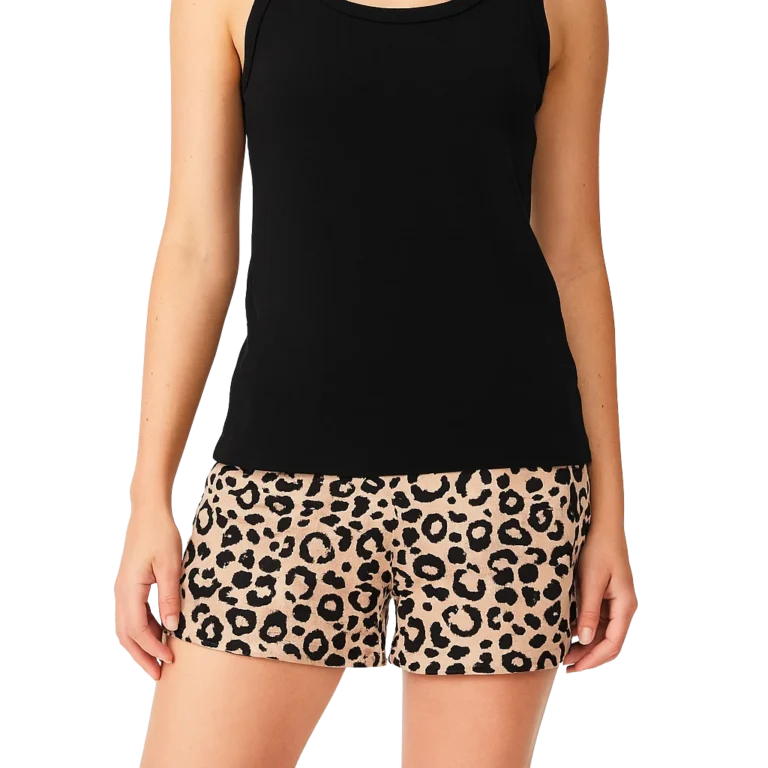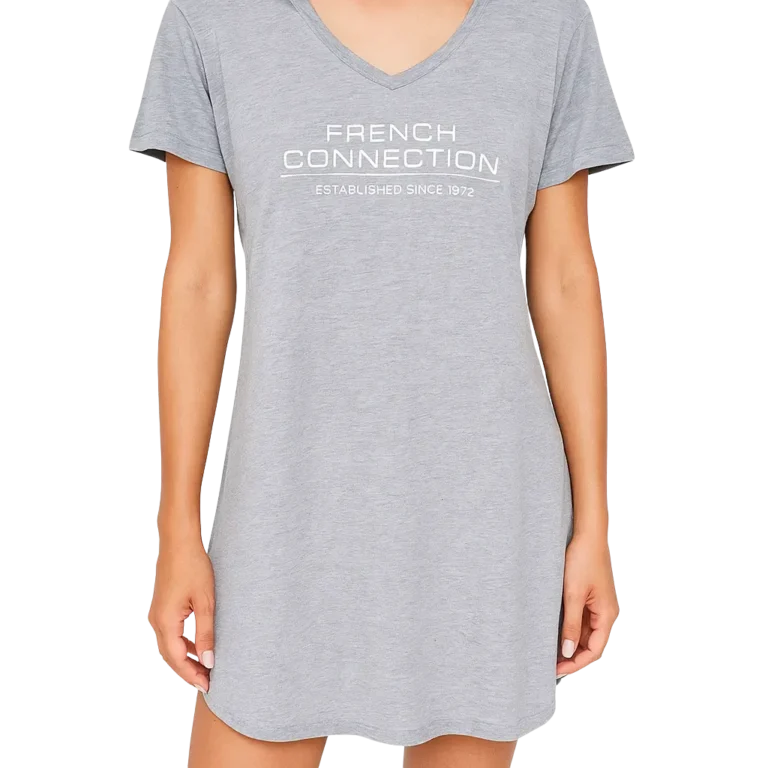India’s apparel export industry is in the spotlight in 2025 and 2026, and nowhere is this more visible than Tiruppur, Tamil Nadu. Known worldwide as the Knitwear Capital of India, Tiruppur contributes over half of India’s knitwear exports. The city has grown into a sophisticated manufacturing hub that caters to some of the biggest names in fashion, from Walmart and Target to H&M, Zara, Levi’s, and Decathlon.
Tiruppur’s rise is based on three critical strengths: its integrated supply chain, its focus on sustainability, and its ability to meet diverse global demands ranging from value-driven basics to premium fashion products. For international buyers exploring new sourcing destinations, Tiruppur offers lessons, opportunities, and pathways to success.
At Mirthuni Apparel Sourcing Service, we specialize in guiding global buyers into Tiruppur’s complex ecosystem. We help them connect with factories already supplying global giants while aligning sourcing strategies with compliance and cost requirements. This blog provides a brand-by-brand breakdown of how international fashion companies are sourcing from India and how Tiruppur sets the stage for the future.
Walmart has publicly committed to source 10 billion USD worth of goods annually from India by 2027. Apparel is central to this goal, especially basics such as T-shirts, polos, and innerwear. Tiruppur’s large factories are well equipped to deliver high-volume orders with strict compliance and cost efficiency. For Walmart, the advantage lies in Tiruppur’s ability to scale quickly without compromising on delivery timelines.
For smaller or mid-sized buyers, this presents an opportunity to access the same high-capacity supply base through sourcing partners. Factories serving Walmart have the infrastructure to handle large-scale production but also offer flexibility for medium-volume programs when coordinated through intermediaries.
Target is raising the bar for its suppliers worldwide. By the end of 2025, the company requires that all owned-brand suppliers demonstrate gender-equity policies, digital wage systems, and sustainability certifications. For Tiruppur, this is a major advantage as many factories are already aligned with BSCI, WRAP, and Sedex standards. This means buyers working with Target-approved suppliers in Tiruppur can be assured of compliance, ethical standards, and reliable delivery.
For international sourcing managers, this reflects a broader trend: compliance is no longer optional. Tiruppur suppliers that meet Target’s rigorous standards can also cater to brands looking to strengthen their ethical sourcing commitments.
Gap Inc. has been reducing its dependence on China and increasing sourcing from India, Vietnam, and Bangladesh. In knitwear, Tiruppur has become a reliable partner for delivering premium-quality basics such as crewnecks, hoodies, and casual T-shirts. Factories in Tiruppur offer vertically integrated production models where knitting, dyeing, and garmenting happen within close proximity. This ensures cost control, faster turnaround times, and quality assurance for Gap’s sourcing programs.
This also signals to other international buyers that Tiruppur is not just a fast-fashion hub but a dependable location for premium basics and long-term sourcing strategies.
Zara (Inditex) - Speed and Agility
Inditex, the parent company of Zara, is one of the fastest fashion retailers in the world. To keep its collections relevant, it requires short lead times and flexible suppliers. Tiruppur’s ecosystem offers end-to-end production from yarn to finished garment within a 50 km radius, enabling Zara to maintain fast replenishment cycles. During global logistics disruptions in 2024, Inditex increased its air freight usage from India, underscoring India’s importance as a sourcing base.
For buyers in the fast fashion and trend-sensitive categories, Tiruppur presents the same advantage: the ability to move quickly from design to shipment in 45 to 60 days. Speed and reliability are becoming critical, and Tiruppur has proven its capability to deliver.
H&M has set an ambitious target to use 100 percent recycled or sustainably sourced materials by 2030. In India, the brand already partners with factories offering organic cotton, recycled polyester, and ZDHC-compliant dyeing units. Tiruppur’s manufacturers are investing heavily in renewable energy, wastewater treatment, and certified processes to align with H&M’s goals.
For global buyers, this represents a critical opportunity. By sourcing from Tiruppur’s eco-certified factories, brands can not only meet consumer demand for sustainable fashion but also align with international compliance requirements.
Levi Strauss & Co., famous for its denim, also sources knitwear and basics from India. Tiruppur is included in Levi’s approved supplier map and quality-control framework. This signals the region’s ability to deliver not only in mass-market categories but also in premium, brand-sensitive products.
International buyers can leverage Tiruppur’s QA infrastructure to secure consistent quality for knitwear collections that align with premium retail positioning.
Marks & Spencer has long emphasized quality and ethical sourcing. Its interactive supplier map lists Indian factories, including Tiruppur-based units. With enhanced modern slavery regulations in 2025, M&S demands suppliers with strong traceability, certified organic materials, and advanced compliance systems. Tiruppur’s exporters are well positioned to meet these requirements, making them attractive partners for premium brands.
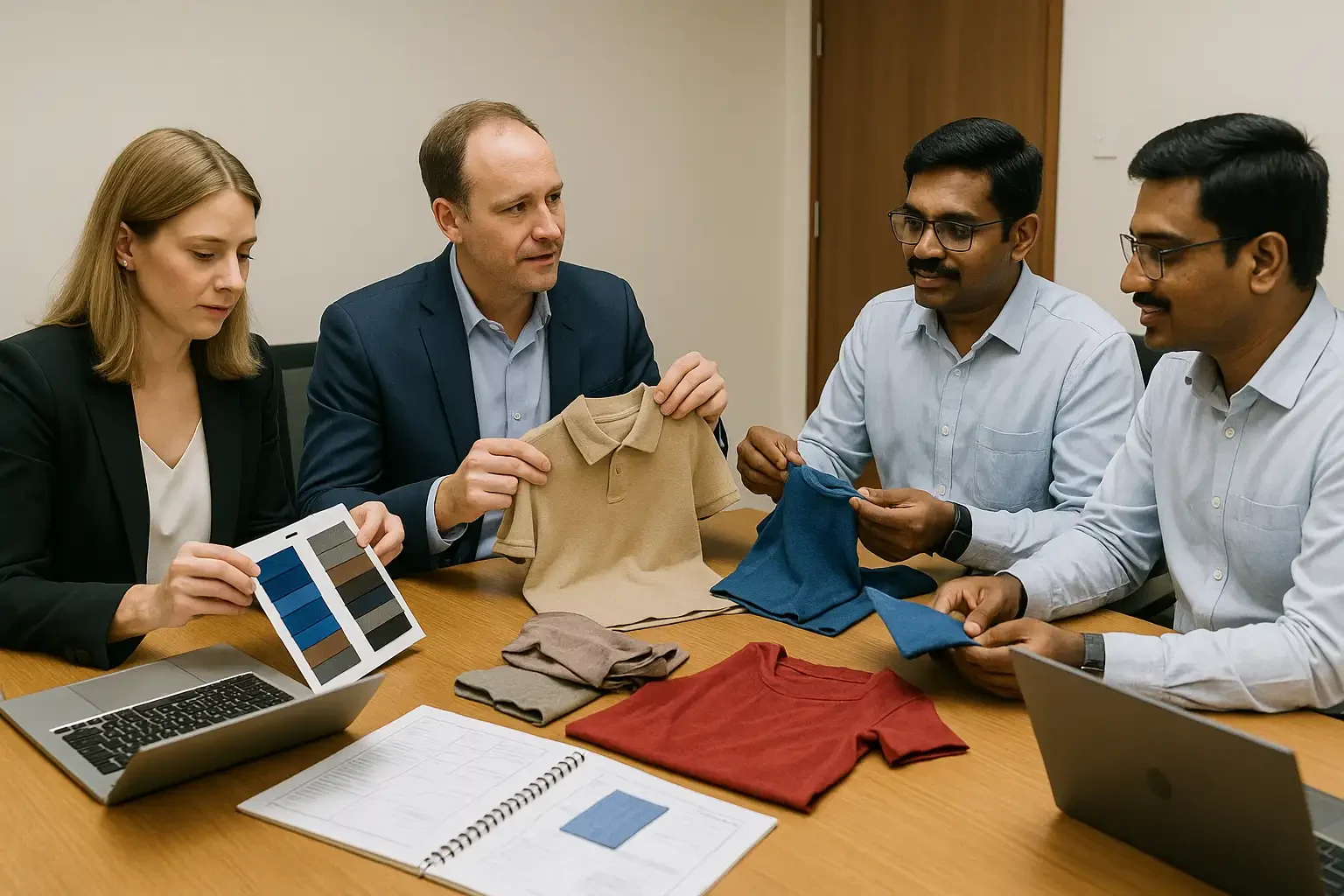
Bestseller, the parent company of Jack & Jones, Vero Moda, and ONLY, relies heavily on South Asia for knitwear. Its 2025 supplier list explicitly includes factories in Tiruppur. These suppliers focus on fashion-forward basics that balance style with scalability, serving both mass and mid-market segments across Europe.
PVH Corp., which owns Tommy Hilfiger, continues to diversify its sourcing strategy, with India playing a growing role. Supplier disclosures in 2025 highlight India as a key partner, especially for polos, hoodies, and casualwear.
Superdry is currently consolidating its supply base, focusing on fewer but more capable suppliers. This benefits Tiruppur factories that combine strong compliance, product development, and price competitiveness. Buyers looking for strategic partnerships can leverage Tiruppur’s capacity to deliver premium casualwear aligned with global brand standards.
Decathlon, the global sports retailer, announced plans to double its sourcing from India to 3 billion USD by 2030. It aims to ensure that 100 percent of its products are eco-designed by 2026. Tiruppur factories with expertise in moisture-wicking fabrics, performance knits, and recycled textiles are essential to this expansion.
This positions Tiruppur as not only a knitwear hub but also a global sportswear and technical textiles hub for the future.
Primark’s sourcing map lists multiple suppliers in Tiruppur, including SP Apparels. As a value retailer, Primark depends on reliable, cost-competitive suppliers who can deliver children’s wear and basics at scale. Tiruppur’s long-standing partnerships make it an indispensable part of Primark’s global sourcing strategy.
LPP, the Polish retail group behind Reserved and Sinsay, continues to expand its partnerships in Asia, with India highlighted in its sustainability strategy. As consumer demand grows in Central and Eastern Europe, Tiruppur factories provide affordable and scalable solutions.
Why Tiruppur Leads the Future
From basics to sportswear, and from premium collections to value retail, Tiruppur caters to every segment of the fashion industry. Its unique strengths include:
- Integrated supply chain within a 100 km radius
- Sustainability leadership with GOTS, WRAP, BSCI, and ZDHC certifications
- Flexibility in handling both low-MOQ and high-volume orders
- Proven reliability in supplying global brands for decades
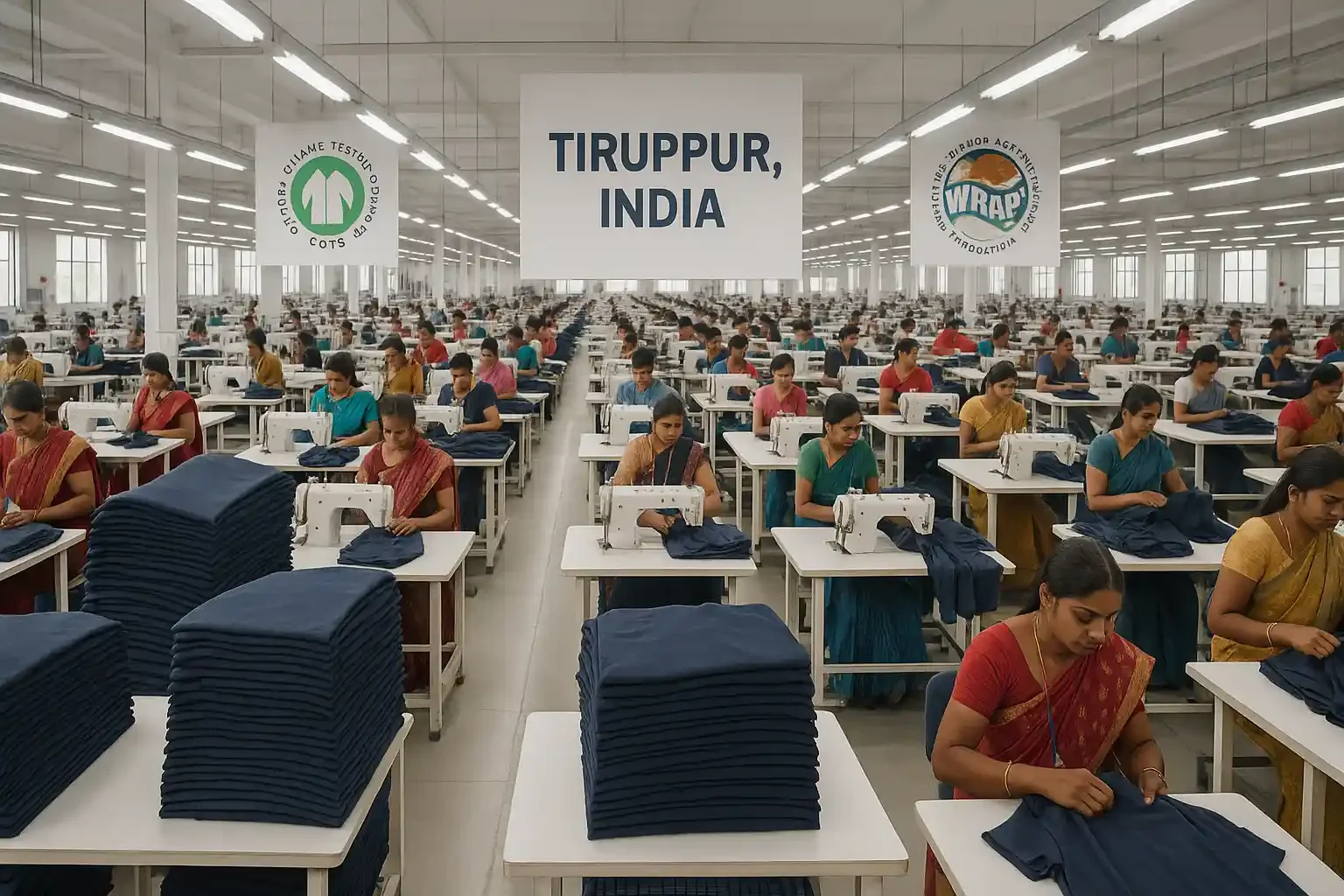
How Mirthuni Apparel Sourcing Supports Global Fashion Brands Sourcing from India?
While global giants like Walmart, H&M, and Primark have their sourcing offices and established networks, new buyers and mid-sized retailers often face challenges in accessing the right factories. At Mirthuni Apparel Sourcing Service, we bridge this gap by providing:
- Direct access to factories already supplying global brands
- Assurance of compliance, certifications, and quality standards
- Negotiation for the right pricing and MOQ flexibility
- End-to-end management of the sourcing process, from design development to shipping
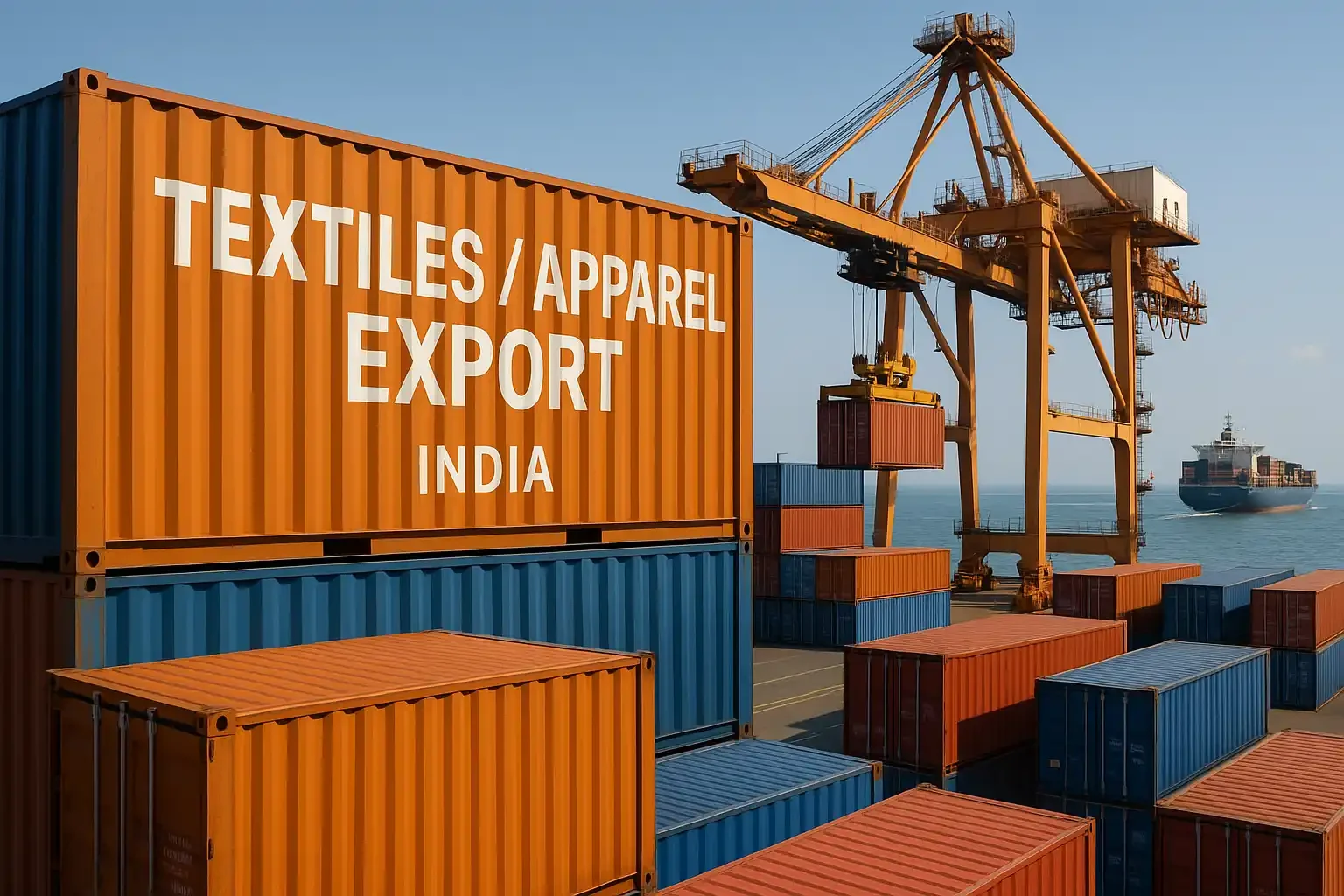
Conclusion
The apparel industry is shifting, and Tiruppur is at the center of this transformation. With Walmart scaling its India sourcing, Decathlon doubling commitments, and H&M demanding sustainable textiles, Tiruppur is becoming the most strategic knitwear hub for the global fashion industry.
For buyers worldwide, sourcing from Tiruppur is no longer just an option. It is a pathway to align with the world’s largest supply chains. With Mirthuni Apparel Sourcing Service as your partner, you gain the confidence and support needed to enter this ecosystem and succeed in global sourcing.

